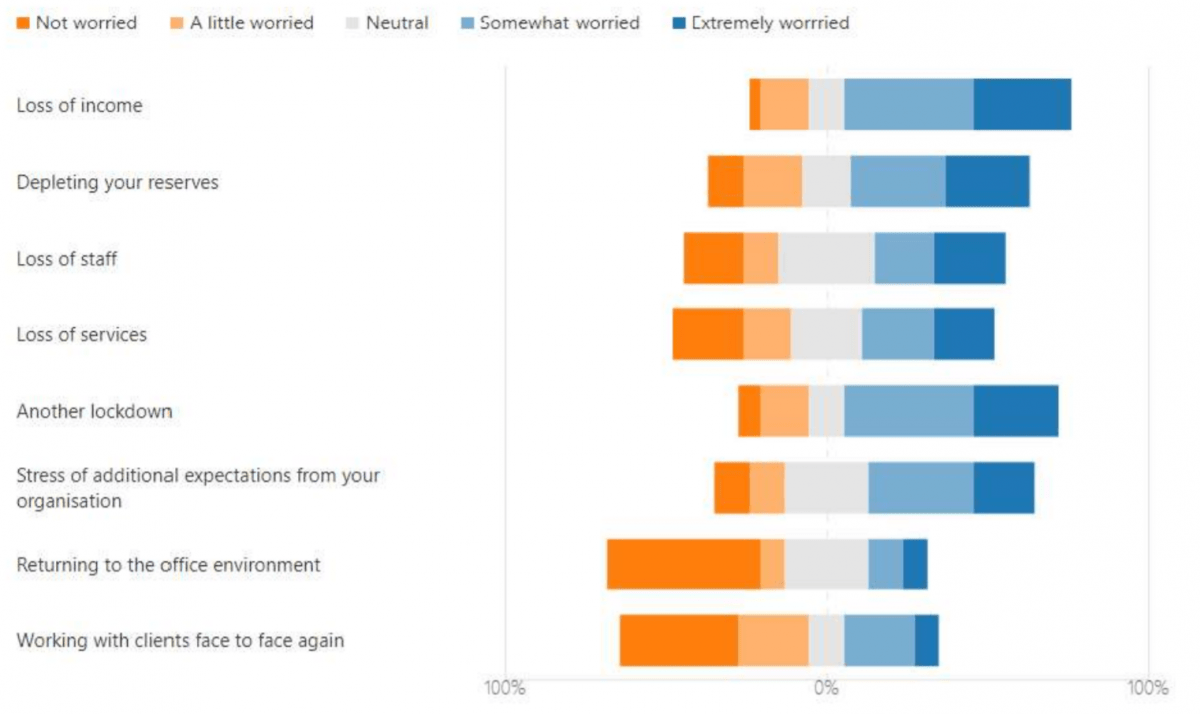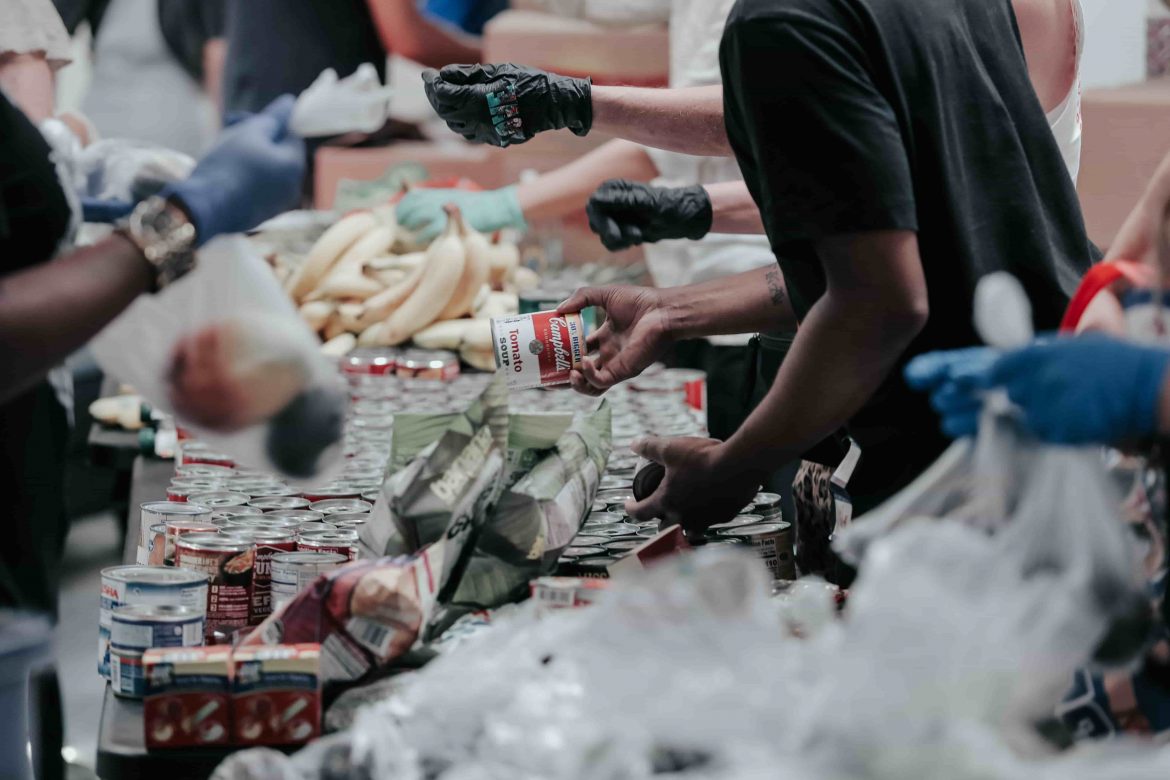A survey by Kingston Voluntary Action (KVA) has revealed the importance of Kingston’s voluntary organisations throughout the pandemic.
Demand for services increased for 59 per cent of the 27 organisations surveyed, and together they put in more than 22,000 volunteering hours throughout the coronavirus lockdown period.
“The importance of the voluntary and community sector for Kingston’s community in crises like the one we are experiencing now is immeasurable,” said Sanja Djeric-Kane, Chief Executive of KVA.
“A large number of the voluntary and community organisations in the borough support our most vulnerable residents: the elderly, the carers, people with disabilities, adults and children with learning disabilities, our BAME communities, to mention but a few.
“They have proven to be quick to transform and agile in their approach in order to continue that support. This is particularly important as the most vulnerable have been suffering disproportionately through the pandemic.”
Djeric-Kane said that so far cross-sector collaboration between Kingston’s voluntary organisations and their statutory partners had buoyed the voluntary sector sufficiently.
But, like many other industries, there are challenges ahead.
Respond, Recover, Reset: The Voluntary Sector and Covid-19 is a new research project led by Nottingham Trent University, the National Council for Voluntary Organisations and Sheffield Hallam University.
In October the research revealed that one in 10 charities could be closed down within a year.
Of the 27 organisations surveyed in Kingston, two have already closed completely, and a further 10 had to scale back their services.
For those that remained open, finances were the main concern, with the majority saying they were either “somewhat” or “extremely” worried about the loss of income affecting the future of their charity in the next year.

As well as obtaining information about the role of voluntary organisations in Kingston over the last nine months, the survey sought to find out what additional support the charities needed.
KVA is already acting on the feedback, such as setting up free ‘Ask the Expert’ one-to-one sessions for staff.
Djeric-Kane said: “We don’t want to lose any of [our charities] and KVA has been working really hard to support local organisations through regular consultations, sharing vital news and information, training to address emerging needs, support with fundraising and representing them on a local, London and national level.”
She also said that KVA had also teamed up with Kingston Council to provide even more support.
The Council has commissioned a bid writer who has been working closely with KVA to regularly submit joint partnership bids in order to attract much-needed funds to the borough.
At the beginning of the pandemic, they also created a new role specifically aimed at supporting Kington’s voluntary sector – a VCS (Voluntary Community Sector) Partnership Officer.
“His role is to embed himself within the voluntary sector, recognise the burning issues and challenges in the community and feed that back to commissioners,” said Djeric-Kane.
“KVA will be working with him on organisational ‘MOT’ to ensure the voluntary and community sector is prepared for future commissioning.”
Despite the challenges, Djeric-Kane is feeling positive about the future of the industry.
“There is a lot of optimism and determination amongst Kingston’s voluntary and community sector organisations,” she said.
“This, together with new initiatives and ways of working, gives us the best chance of being able to continue to support our more vulnerable residents in the future.”






